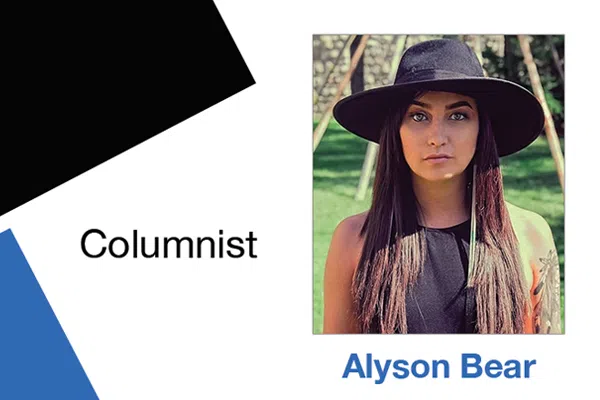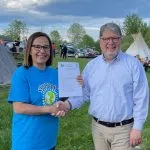
Indigenous veterans battles continued at home
Our Indigenous veterans fought wars for Canada and yet when those wars were over, they had to face systematic and discriminatory treatment from the country they so proudly volunteered to fight for.
The effects of this negative treatment have permeated into other facets within Indigenous communities today.
An example of this is the late Tommy Prince, an Ojibway of Brokenhead First Nation, Manitoba. Prince was one of Canada’s most decorated soldiers. He was awarded 11 military medals, including the King George Military Medal by King George VI at Buckingham Palace, the U.S. Silver Star and the United Nations Service Medal.
Prince was among the first Canadian Special Service Battalion, which merged with an elite American unit, forming a spearhead of 1,600 men who possessed an assortment of specialist skills. It would become the first Special Service Force, that was known to German soldiers as the
Devil’s Brigade
. Prince is a hero of both the Second World War and the Korean War. Tommy Prince was one of 59 Canadians who were awarded the Silver Star during the Second World War.
When Prince passed away, he was living in poverty, and his family was unable to afford a decent funeral.
As I have discussed previously in November 2017-18 columns, non-Indigenous veterans were not given the same benefits the federal government provided to non-Indigenous veterans. The benefits, if any, were not made available or easily accessible to Indigenous veterans, such as land grants, education, and loans. Indigenous lands have even been expropriated to compensate non-Indigenous veterans for their service in the war. Indigenous veterans made sacrifices and many made the ultimate sacrifice in giving their lives for this country. The State explicitly promised land to military personnel who fought and served in the wars.
Furthermore, with regards to land grants owed to Indigenous peoples, the fact that Canada is still liable to honour these grants is confirmed by the language of the Statute of Westminster, which sets out that any and all obligations which the Imperial Crown had entered into with the Indigenous peoples of Canada became the responsibility of the Government of Canada; these obligations would logically include the unfulfilled promise of military land grants.
The Federation of Saskatchewan Indian Nations fought for compensation, seeking about $420,000 for each of the 1,000 veterans and 800 surviving spouses. Instead, the federal government offered native veterans up to $20,000 in compensation for benefits they were denied after returning from war and this was a conditional acceptance, which means by accepting payment they must sign a waiver exempting them from any future related lawsuits. The government’s offer was ultimately accepted, as time was of the essence as many of the veterans have now passed on or were getting too old to keep waiting.
Indigenous veterans were also encouraged to enfranchise and renounce their Indian status to join the Armed Forces, and many lost their Indian status when they joined the military. They lost all their rights and benefits that come with that status. This is an important and unrecognized sacrifice made by our veterans. These assimilation tactics continue to be ongoing in attempts to erode Indigenous rights and identity.
As Indigenous peoples have committed and sacrificed their lives by being allies and playing a fundamental role in the creation of Canada, you would think that allyship is owed to us in our fight for justice against ongoing systemic discrimination. This relationship with the State has been a one-way street and we can no longer accept nor allow this. The longer Indigenous rights and laws are not recognized and denied, the longer it will take to come to a place where we do not have to be at conflict.
The true history continues to arise in modern-day issues and we will continue to come into conflicts such as the conflict on the east coast currently with the Mi’kmaq and the ongoing fight for Indigenous rights to be honored and respected.
Our warriors of the past, like Tommy Prince, must be honored and recognized to show how we have been treated and how we continue to be treated. Despite our service and sacrifices made for this country, we are still fighting systemic discrimination for our rights to be respected today. Indigenous peoples were allies for Canada and it is time for Canada to be allies for Indigenous peoples in the ongoing battle against systemic racism.

